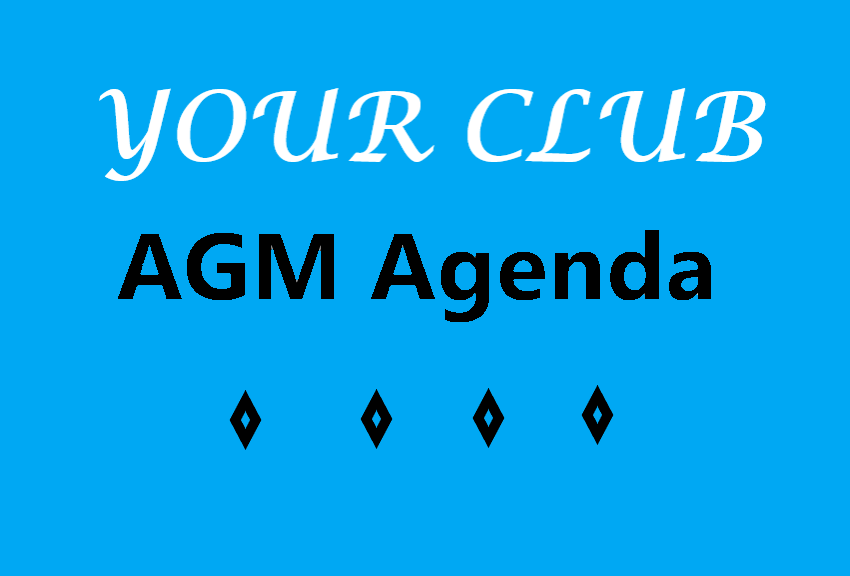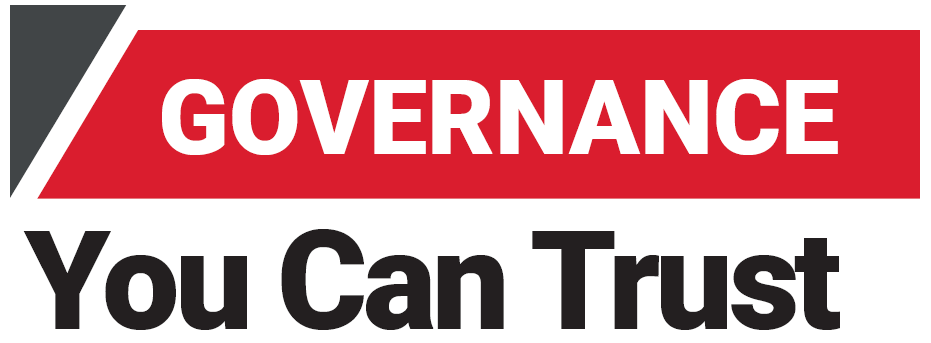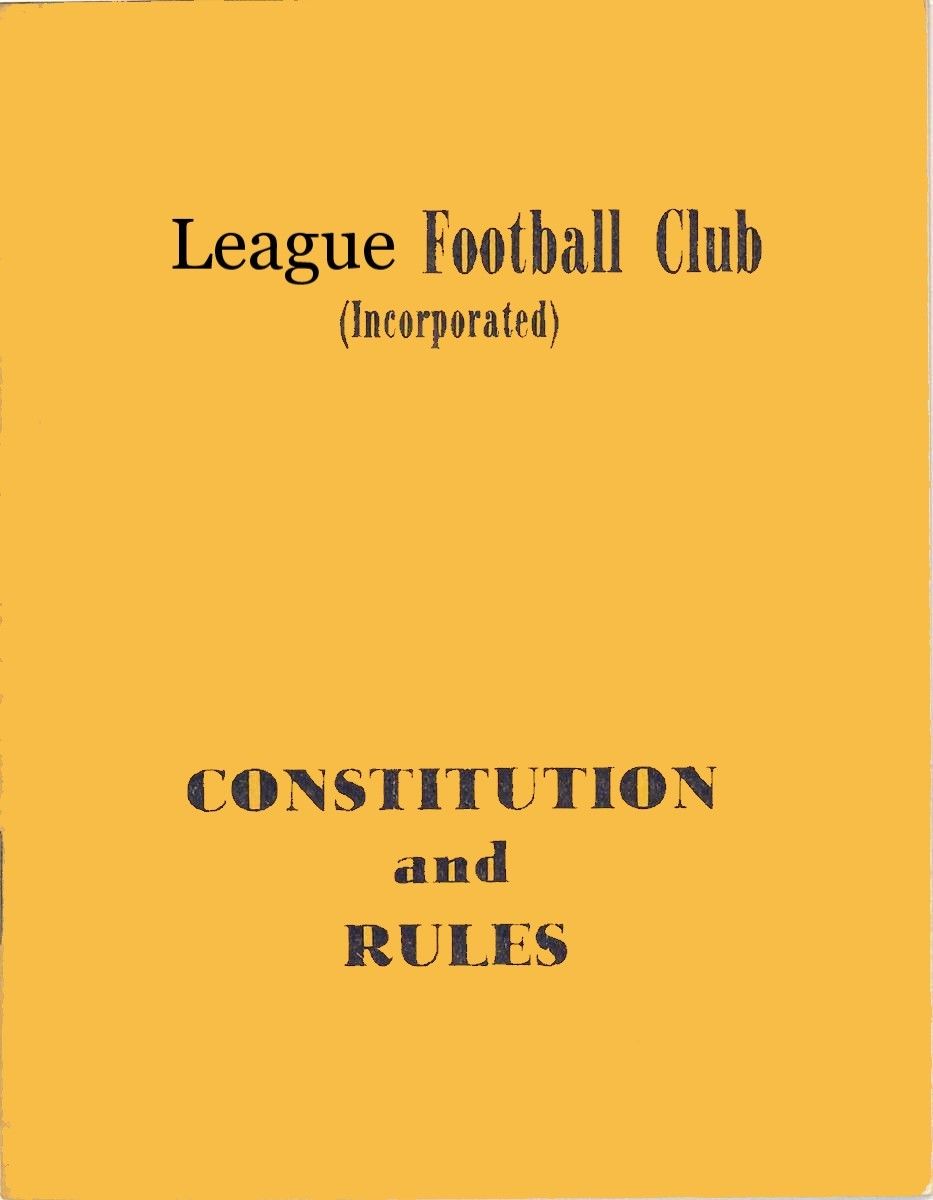Prepping for your AGM
You must hold an AGM every year
All clubs and corporations that operate under the Corporations Act 2001 must hold an Annual General Meeting (AGM) in each calendar year. The AGM must be held no later than 5 months after the end of the corporation’s financial year – May for a December year end or November for a June year end. If your constitution provides other guidance, e.g. holding it earlier, then you must comply with your constitution, providing it is not contrary to the Corporations Act.

Normally in the club industry, where 95 percent of clubs are companies limited by guarantee under the Corporations Act, the AGM may include the following agenda items:
X Consideration of the Annual financial report, the directors’ report and auditor’s report;
X The appointment of the auditor, if there is a vacancy;
X Fixing the Auditor’s remuneration;
X Consideration of and voting on any Ordinary and/or Special resolutions;
X Consideration of any general business;
X The election of directors (when required pending election cycle).
There are some points that need to be included as part of the specific information required by the Corporations Act:

Annual Financial Report
This must be provided to all members, who notify the organisation that they wish to receive a copy, by the earlier of 21 days before the next AGM, or before the end of 4 months after the end of the financial year. The financial report will consist of –
X The Profit and Loss (Statement of Financial Performance);
X Balance Sheet (Statement of Financial Position);
X Statement of cash flows;
X Explanatory notes to the statements;
X The directors declaration about the statements and notes – including the directors’ opinion as to the solvency of the organisation and its compliance with accounting standards and representing a true and fair view of the company’s financial performance.
Directors’ Report
This report should focus on the governance aspects of strategy over operations according to Section 300B of the Act. As such it should include –
X A description of the short and long term objectives of the organisation
X Set out the strategy to achieve those objectives
X State the organisations principal activities for the year
X State how those activities assisted in achieving the objectives
X State how the organisation measures its performance (including any key performance indicators
Also included in the directors’ report must be –
X The name and period of service of each director of the company at any time in that financial year
X Each director’s qualifications, experience and special responsibilities (e.g. sub-committee roles)
X The number of board meetings held and the number attended by each director eligible to attend
X For registered clubs, reporting on the status of each director in regard to the mandatory director governance training – trained, exempt or if untrained and not exempt, why the training hasn’t been completed.
Auditor’s Report
The Auditor’s Report is a review of the financial report of the organisation and they must report if it is compliant with the current accounting standards and whether it represents a true and fair view of the financial status of the company.
The auditor is required to identify and address any irregularities in the financial report and include information that in their opinions material to the financial standing of the organisation.

Resolutions
Once the financial aspects are covered off, there is usually consideration and voting on any resolutions listed in the notice of meeting. Ordinary resolutions, like approving covering the costs of the directors’ refreshments and costs to attend industry events – educational and networking, require only 50 percent plus one person voting for the resolution for it to be carried. Special resolutions require 75 percent plus one to pass of those attending the meeting eligible to vote.
Critically you need to send out the resolutions and the explanatory notes with the notice of meeting, so members have time to read, digest and understand the resolution(s) they are voting on. For ordinary organisations, voting can be straight forward, however in the club industry there can be angst when significant change is being proposed. For major change special resolutions, it is best to flag them at your current AGM that it will be tabled and voted on at the next AGM.
General Business
In order to avoid AGMs dragging on unnecessarily, it is advisable to have members notify the company secretary (or secretary manager in clubs)of any General Business they would like considered at the AGM. This allows the board and management to prepare their response to these flagged items. On the day, questions and/or comments can be called for from the floor, however this should be closely managed to avoid the meeting getting out of hand.
Questions can be taken from the floor on the day, but there is no requirement under legislation that those questions must be answered on the spot. If you can answer them, then by all means go ahead and answer the question. If on the other hand you do not know the answer, you can take the question on notice, and offer to respond to the member within a reasonable time frame. It is also good to share the outcome of the question with all members, once you have the answer, after the meeting.
Board Elections
Often the last business of the AGM is the election process, where any/all directors required to retire, step down and the election is held. Depending on the organisation’s election cycle, there will be a vote required, as follows –
X Annual Elections (every year) – the whole board steps down and all nominated people stand for election;
X Biennial Elections (every second year) – where again the whole board step down and the nominees stand for election;
X Triennial Elections (every year) – where the board is split into three groups and one group retire every year and stand for election to become directors for the next 3 year term.
Final reminders
For your AGM to be successful you must ensure you have the minimum number of members attending to achieve the quorum stated in your constitution. This can be a challenge if you have a club that people perceive to be well run. “Why would I need to go to the AGM? The club is running well, so I’ll give it a miss”.
Complacency can work against the club and make it difficult to hit your quorum. If you do not reach a quorum within a half hour, you can adjourn the meeting to the same time and place, just one week later.
If you require any assistance in ensuring you are well prepared for your upcoming AGM, or assistance to ensure smooth running of the AGM (as chair or as a consultant on the sideline) contact Ron Browne ron@extrapreneurservices.com.au 0414 633 423











